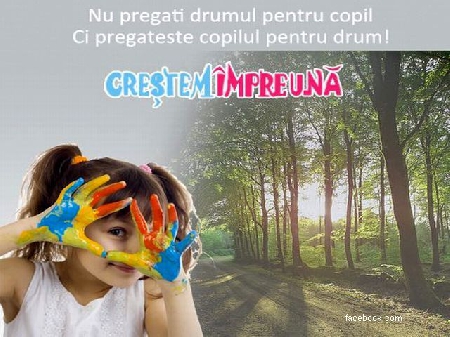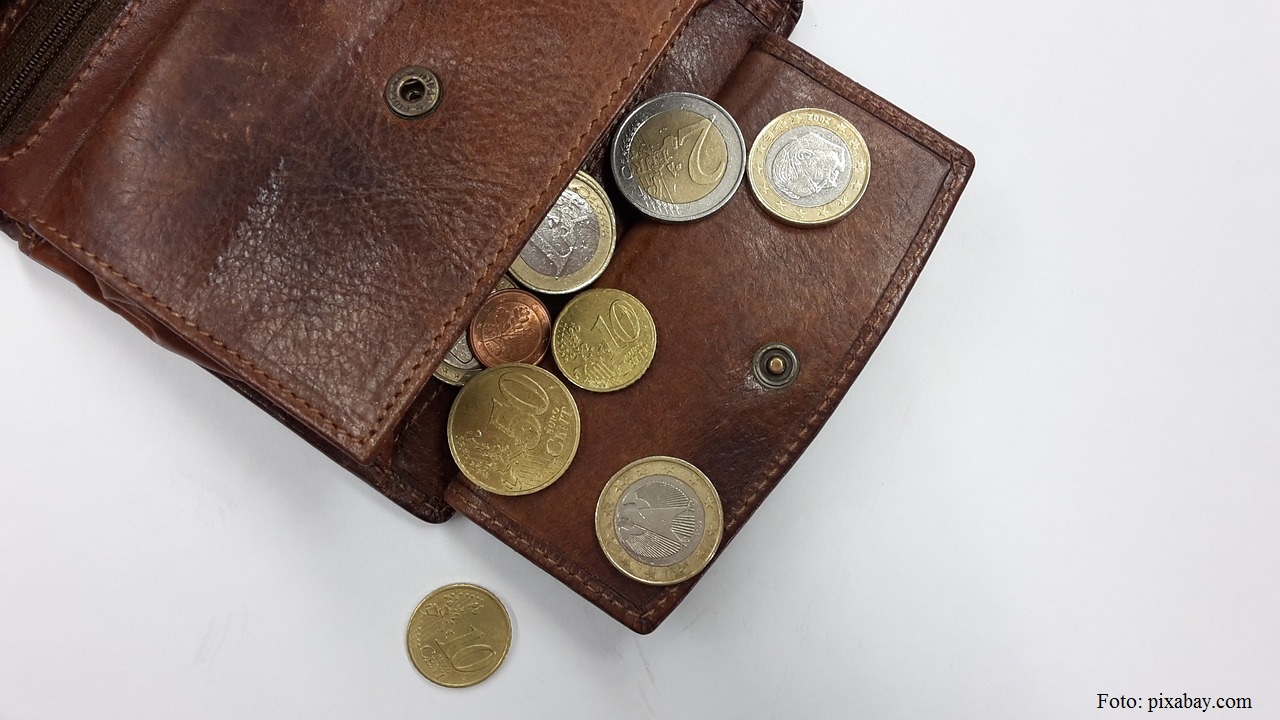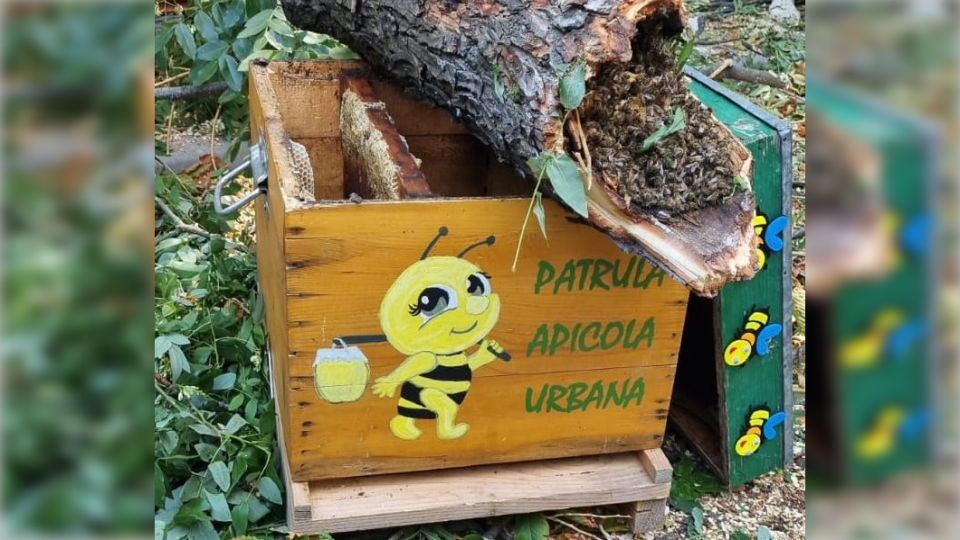Growing Together
In what has become a worrying phenomenon, almost 80,000 children in Romania are growing up without their parents, who went to work abroad, leaving them in the care of relatives and friends.

Ana-Maria Cononovici, 04.09.2013, 13:37
Romania is today faced with a phenomenon whose scale is hard to ascertain at this point: children being left behind with one parent or no parents at all, raised by relatives, because the parents go to work abroad. According to figures submitted by the Child Protection Department at the end of 2012, social assistance authorities had on their books 79,901 children with parents working abroad. Of them 41% had no parental care whatsoever. Of them 22,993 had both parents abroad, while 9,991 came from single parent families where the parent was working abroad.
Although these are large figures, the real dimension of this phenomenon is much more worrying. For this reason, the Save the Children Romania organisation has initiated a project called Growing Together. Gabriela Alexandrescu, executive president of the organisation, speaks about the aims of the program:
Gabriela Alexandrescu: “Our aim is to find together the best solutions to protect the children whose parents work abroad, and as a result develop complex support solutions for these children. We want to help them cope with homework and school, because without adequate parental protection it is hard for a child to be well prepared for school. We help them communicate on a permanent basis with their parents abroad by providing them with access to computers and the Internet. At the same time, we help the people who take care of them, because there are a lot of grandparents and relatives who have no skills in raising children, especially teenagers. One important thing for us is to involve the authorities in order to help children in this situation all over the country.”
The Growing Together project resulted in the implementation of several so-called School After School programmes 14 counties all over Romania, especially in poor and disadvantaged areas. Between 2010 and 2012, 2,080 children were included in the programme. Of them, 785 had their mums working abroad, 876 had their fathers abroad, while 419 had both parents gone. All these children benefited from help in school and were involved in activities such as trips, walks, and visits to museums and tourist sites. Also, their caretakers benefited from monthly social and psychological counselling. The authorities are, however, aware that there is much more that needs to be done. Catalina Chendea, an inspector with the Ministry of Education, confirms:
Catalina Chendea: “Our emphasis is on providing counselling for the people left at home with the children and training courses for those who take these children in their care. We are trying to create ties between children and these new parents and also to encourage children to keep in close touch with their parents, to understand that their parents are not gone for good, that they did not abandon them and that they will be back eventually. To this end, we have all sorts of out-of-school activities to boost the children’s confidence in themselves and their families.”
Even though ironically they are sometimes perceived as privileged by their peers for having some new gadget or expensive gift from their parents abroad, many of these children lack the safety and protection of a home. Daniela Ganu is the grandmother of a girl whom she raises together with the mother, as the father works abroad. Her granddaughter is also part of the programme run by the Save the Children Organisation:
“Often when I come to pick her up, I see children who, even though they have parents abroad, are poorly dressed, and have not eaten. They get a croissant and some milk at school. I saw that in your program you provide a meal, that’s great. My opinion as a grandma, as a parent, is that there are a lot of social cases, families with four of five children whose parents are gone, children left with some poor grandma who can’t even see well. Or an uncle, an aunt who leave them in the street to roam around until dark. Some have no place to sleep, they are in the street. I saw a child like that, hungry, naked, barefoot.”
No one doubts that such programmes are more and more badly needed. Here is Vera Limbei, a poor grandmother who is left with four children in her care:
Vera Limbei: “I’m taking care of four grandchildren. Their parents are abroad to be able to buy a house. We rent a one-room apartment. The children are between 7 and 5 years old. Two of them, who are twins, are 6 years old, the oldest is in first grade, and the youngest is in kindergarten. We couldn’t have made it without the help of the foundation.”
In the case of children who become part of such programme, improvement is soon visible in terms of communication, self-confidence and school performance.
The Growing Together programme involves 565 volunteers. In 2013, over 1,000 children will be part of the activities carried out by the organisation in all its 16 locations.






























